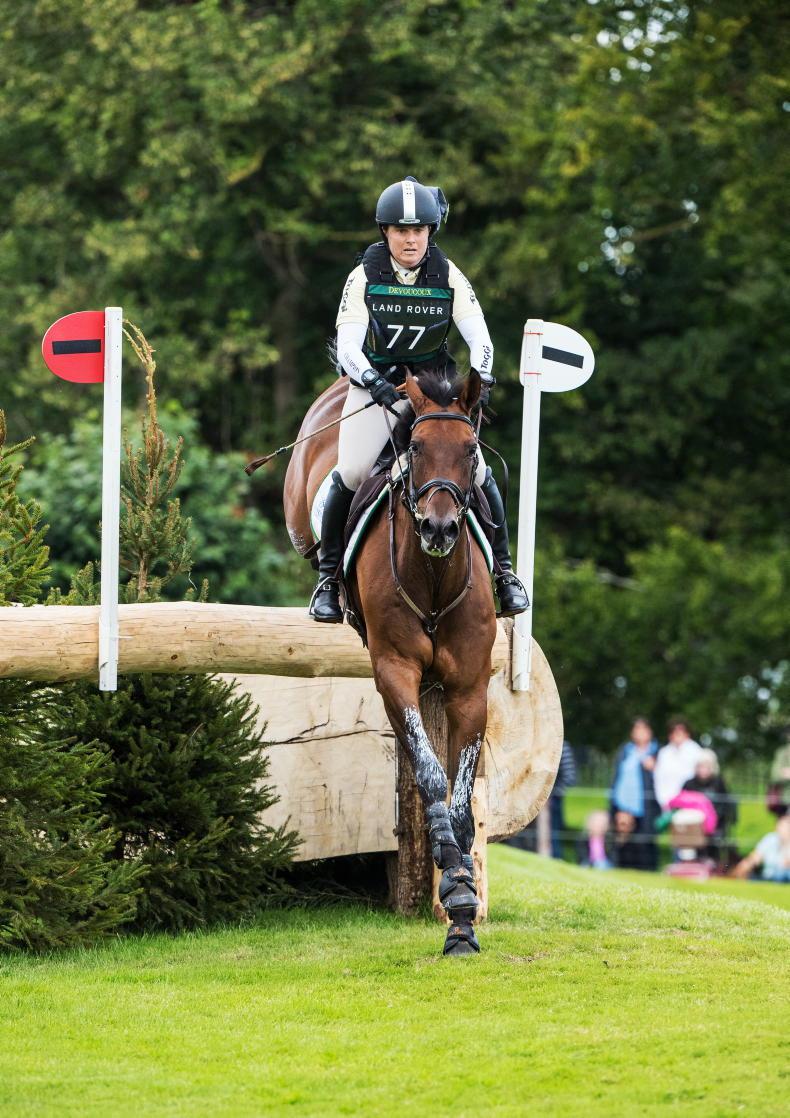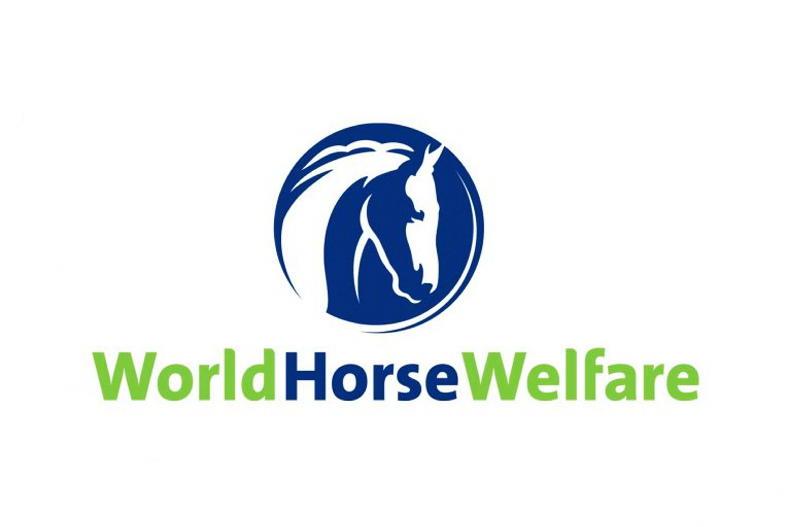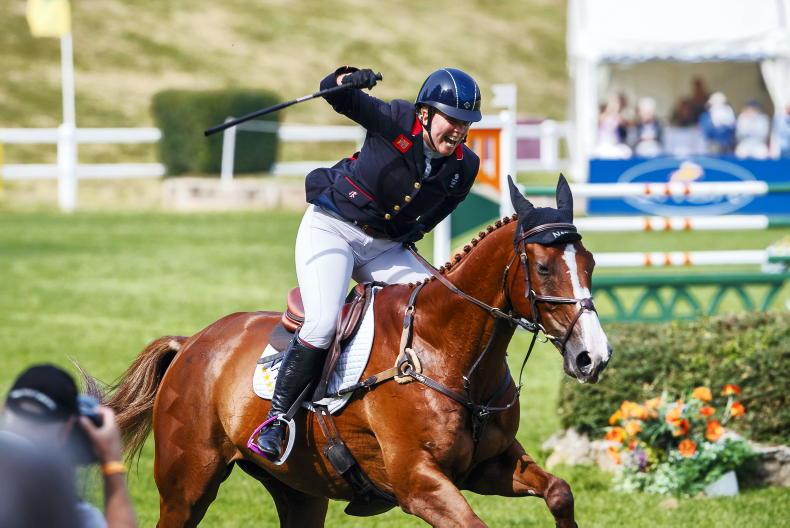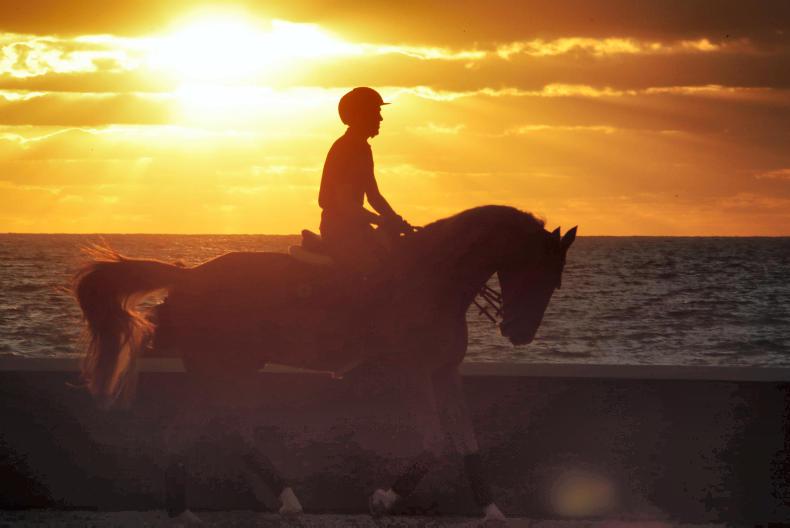LAST week Horse Sense attended the World Horse Welfare panel discussion on public perceptions of the involvement of horses in sport. The panel looked at what more equestrian sports can and need to do to ensure continued public support. Five leading figures in British equestrian sport debated the findings and considered the areas equestrian sport might look at to improve the horse-human partnership and the public understanding of it. The discussion was chaired by journalist Lucy Higginson and involved:
In advance of the discussion, World Horse Welfare commissioned YouGov to conduct independent research to explore public opinion on the welfare of horses in sport. Over 2000 adults, representative of the UK population in terms of gender and socio-economic background, participated in the research in May 2022. The vast majority (94%) of respondents had little or no recent contact with horses and 45% had never had any contact with horses.
Key findings were:
Roly Owers, chief executive of World Horse Welfare said: “This is the first survey we have undertaken on this important subject, and the findings should be a wake-up call to everyone involved in equestrian sports that they are not as trusted with horse welfare as they need to be to maintain public support. I am afraid that the results of our survey reflect the reality of the UK public’s perception of welfare in horse sport, but we can and must turn this around. Horse sport can rebuild that trust with the public and maintain support - its social licence to operate - and have a bright future, but only if it opens itself to change.”
The take home message from the hour-long discussion was that of the importance of education and transparency. Dr Madeline Campbell noted that the racing industry was blazing a trail in terms of showing how welfare can be optimised by demonstrable and consistent messages highlighting how welfare is put at the heart of things.
Dr Campbell went on to express the importance of how the equine industry communicates to the public, noting “just how much farming has done to improve its PR” and asking “how can we successfully extol the positive welfare impacts within equestrianism?”
With half of those surveyed by World Horse Welfare wanting more information on what happens behind the scenes in equestrian sport, Dr Barry Johnson flagged up the fact that often it’s just one person (often the rider) tasked with talking to the media about equine welfare and sport. Dr Johnson suggested that more professionals such as the farrier, the vet and grooms should be introduced to the media glare, giving a more holistic view of horses in sport. He added that all professionals should be given media training to enable them to talk well about what can sometimes be extremely difficult issues.
Pippa Funnel MBE had concerns over rider ability and over the “dumbing down” of cross-country courses. Making the courses easier opens up the sport to more people who “simply aren’t capable of top sport”. Ms Funnell went on to add: “95% of the horse’s problem is the rider on top. We used to have to pass an exam to compete. We don’t go driving without a driving license.”
Stewarding, equine age-limits, FEI rules, course technicality and the whip were all discussed during the lively debate with firm agreement by the panel that more must be done to boost positive perceptions of equine sport. It was acknowledged that perceptions and actualities could be vastly improved by promoting better education across the board; from beginner level right through to our top riders and professional equestrians. Consensus from the panel was that there is certainly more work to be done, but that there is both the passion and the professionals to succeed if we tell our story better.


 This is a subscriber-only article
This is a subscriber-only article
 It looks like you're browsing in private mode
It looks like you're browsing in private mode











SHARING OPTIONS: